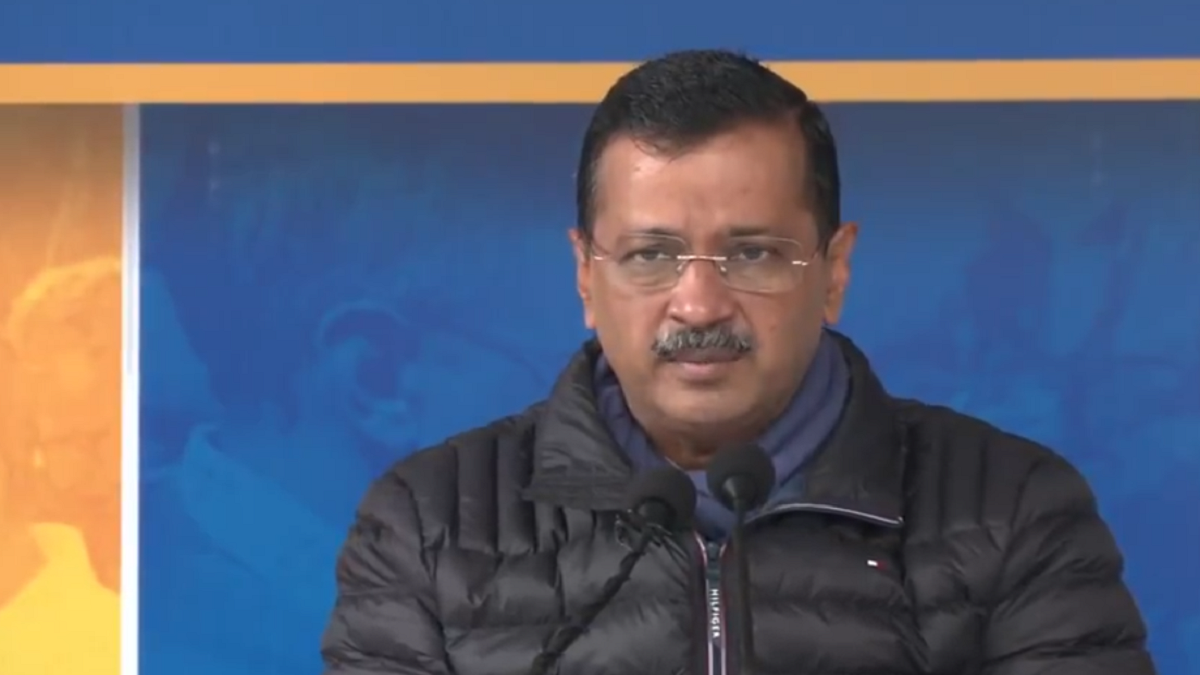Dr. Manmohan Singh, the 13th Prime Minister of India, was frequently called the “Accidental Prime Minister” because of the events leading to his rise to the highest position. This designation gained prominence through Sanjaya Baru’s 2014 memoir, which showcased the behind-the-scenes interactions of Singh’s time in office.
Dr. Manmohan Singh, The Economist
Dr. Manmohan Singh has been a renowned economist and was instrumental in maintaining the nation’s economy, especially during the economic turmoil of the 2000s. He is most notably recognized for his significant contributions as Finance Minister under Prime Minister P.V. Narasimha Rao in 1991, when he led economic reforms that globalized India’s economy. His actions greatly diminished poverty and positioned India on a path to international economic significance during difficult periods.

Dr. Manmohan Singh, Coincidental Prime Minister
The word “accidental” arises from the reality that Singh assumed the role of Prime Minister in 2004, not due to his personal political desires, but because Sonia Gandhi, the head of the Congress party, refused the role. Gandhi’s choice to appoint Singh, an economist and ex-Finance Minister, was regarded as an unexpected action, leading to him being called the “accidental” prime minister.
Nonetheless, a detailed analysis of Singh’s contributions and impact shows that this classification is quite misleading. Throughout his time in office, Singh directed numerous important economic and social changes that reshaped India’s environment.

Dr. Manmohan Singh, The ‘Accidental’ Prime Minister
These accomplishments show that Singh’s tenure as prime minister was anything but ‘accidental’. Rather, it stemmed from his diligence, commitment, and foresight for India’s future. In spite of encountering various challenges and criticisms throughout his term, Singh stayed dedicated to his policies and initiatives, creating a significant influence on India’s growth. Among his significant accomplishments are:
Economic Reforms: Dr. ManmohanSingh was instrumental in liberalizing India’s economy by implementing policies that promoted foreign investment and stimulated economic growth.
Nuclear Agreement: Dr. ManmohanSingh’s administration effectively brokered the Indo-US nuclear agreement, representing a notable change in India’s foreign policy and enhancing its standing internationally.
Social Welfare Initiatives: Dr. Manmohan Singh’s administration introduced various bold social welfare initiatives, such as the National Rural Employment Guarantee Act (NREGA) and the Right to Information Act, which empowered individuals and enhanced transparency.








